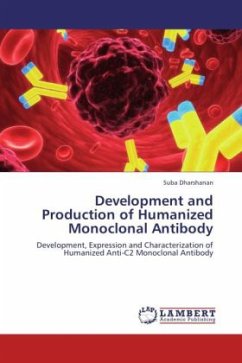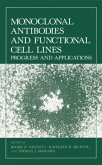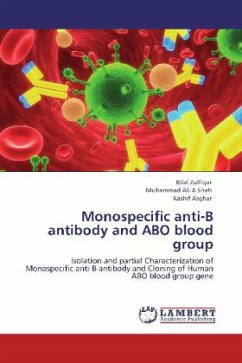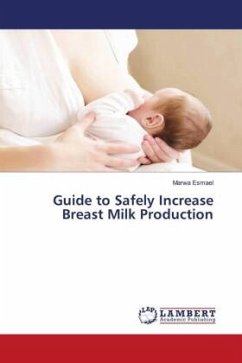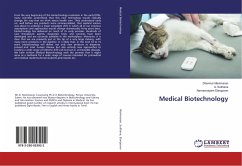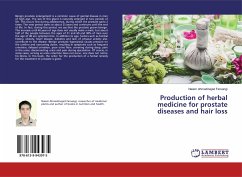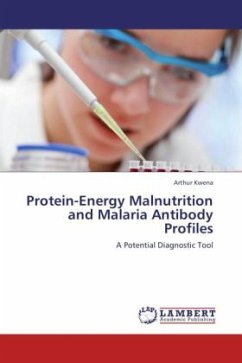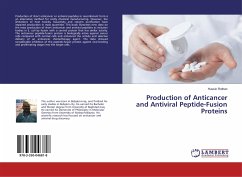The treatment of cancer remains a formidable challenge owing to the difficulties in differentiating tumor from non-tumor cells in order to ameliorate the disease without causing intolerable toxicity to human patients. The use of monoclonal antibodies (mAbs) represents an attractive approach of overcoming this problem as the mAbs can be designed to selectively target tumor cells and elicit a variety of responses once bound. However, when rodent mAbs are administered in humans, anti-antibody responses are frequently observed. Hence, humanized monoclonal antibodies are instead widely used for diagnosis and treatment of cancer due to their reduced immunogenicity and high specificity. In this book, two humanization methods were utilized for the development of humanized mAb (hum-C2 mAbs) against C2-antigen, a marker expressed in colorectal and ovarian cancer, from mAb of mouse origin. Various procedures were also developed to produce hum-C2 mAbs, with high efficiency in terms continuity of production, lowered cost and increased speed. In addition, high-throughput and automated systems were also utilized to facilitate the upstream and downstream phases of hum-C2 mAbs.

